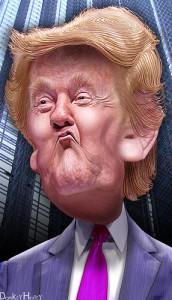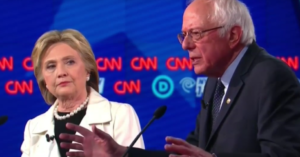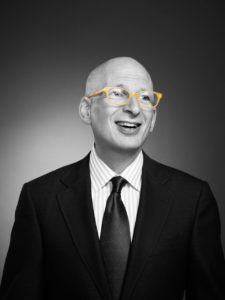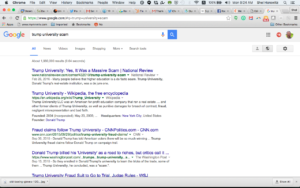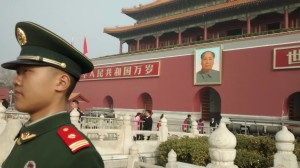Orange-Hair’s Pivot
During last night’s debate, Donald Trump kept taking any accusation or criticism and attempting to pivot it around to his opponent. He also interrupted constantly, shouted belligerently, told numerous documentable lies,* and bragged about his bad behavior. It was a performance worthy of an elementary school bully, not a candidate for President of the United States. It was ugly. And quite frankly, it got in the way of the few good points he honestly made about areas where Clinton should do better.
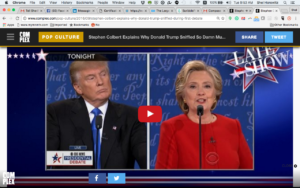
Clinton chose to be cool, calm, and collected, to smile patronizingly with an “isn’t this little boy adorable?” look over her shoulder—while quickly and scathingly rebutting him when she got the floor. It may not have been the perfect approach—but with the need to do a delicate dance of expectations, as a very public liberal woman in a culture that doesn’t like powerful liberal women in politics, it may have been her best option–even if it did seem a trifle over-rehearsed. Trump mostly glowered and scowled, looking for moments to interrupt.
But let’s not focus on style over substance. On policy specifics, Clinton noted her earlier accomplishments and referenced her specific proposals. Trump was hard to pin down, used empty adjectives like “beautiful” and “tremendous” (example: “I’m really calling for major jobs because the wealthy are going to create tremendous jobs.”). He resorted to ridiculous claims, defense of procedures that have been declared unconstitutional, and as already noted, flat-out falsehoods.
Perhaps most telling are the “accomplishments” he did brag about. Here’s his response when he was asked about his pattern of cheating people who’ve worked for him:
I take advantage of the laws of the nation because I am running the company. My obligation right now is to do well for myself, my family, my employees, for my companies.
Here’s what he said when Clinton speculated that the reason he doesn’t release his taxes is that he doesn’t pay any:
That makes me smart.
Near the end, Trump made this ballsy claim:
I think my strongest asset, maybe by far, is my temperament. I have a winning temperament.I know how to win. She does not know how to win. The AFL-CIO – the other day behind the blue screen, I don’t know who you’re talking to, Secretary Clinton, but you were totally out of control. I said, there is a person with a temperament that’s got a problem.
In Yiddish, the word for this is chutzpah. The closest English translation would be unmitigated gall. The man who has run his campaign on temper tantrums, slander, innuendo, inappropriate sexual references, and racist/sexist belittling of others, who could not even make it through a 90-minute debate without interrupting and shouting, claims that his temperament is his best asset.
Let’s take him at his word—and give a landslide vote in November that repudiates that temperament and doesn’t expose us to the dangers of his other, presumably worse attributes.
* You can read an annotated, fact-checked transcript of the whole thing at https://www.npr.org/2016/09/26/495115346/fact-check-first-presidential-debate


